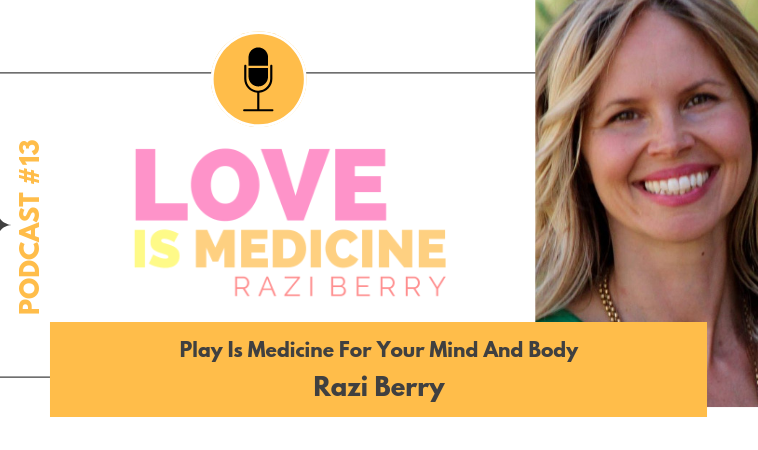As a society, we play much less often than we used too. While playtime and imagination used to take up hours of a child’s day, our modern society has shifted away from play and forgotten the vital role it can play in long-term health and wellbeing. Social play as a child is essential to the ability to develop critical thinking skills, resiliency and brain plasticity, problem-solving and quick adaptation, and much more. So why has our society rejected our innate natural need to have a little more play in our lives?
Or, listen on your favorite app: iTunes (Apple Podcasts) | Spotify | Stitcher | TuneIn | Android
Today we break down the exact science behind why our brains are hardwired to play, the roles of different neurotransmitter systems in the body when reacting to play, and why play is critically important during childhood, adolescence, and adulthood. The thinking and cognitive aspects of play increase our ability to bounce back, think for ourselves and most importantly, have fun. Although the frequency and type of play we engage in changes as we age, it is no less important.
It is time to stop letting our overscheduled lives take away from the joyful experience of play. Both adults and children need social interaction and playfulness to keep their brains sharp and keep their lives full, and I believe we should embrace this desire. By encouraging your children to play more and become adventurous, you are encouraging everyone to take the time and enjoy the simplicity of play. Are you ready to invite more play into your life? Let us know how you play in the comments.
In This Episode
- How playing impacts the functionality and plasticity of your brain
- Understanding why we are driven by an animalistic need to play
- What happens to the chemicals in your brain and body when we play
- Highlighting the vital health benefits of play that extend from childhood into adulthood
- Breaking down how behavioral inhibition is naturally developed through play
Quotes
“Play is essential for the development of an individual and the function and survival of humanity as a whole.” (5:04)
“The world, our nature, our consciousness rewards us for playing, that’s where the fun is. And that is a clue to the fact that we should play more.” (9:06)
“Play is vital in physical health, as well as emotional and cognitive development.” (21:51)
“Play is not just wasting time. Play is something we are naturally drawn to do.” (23:28)
“Invite more play into your life, because play is a way that we show our love for each other and that we love ourselves.” (24:40)
















